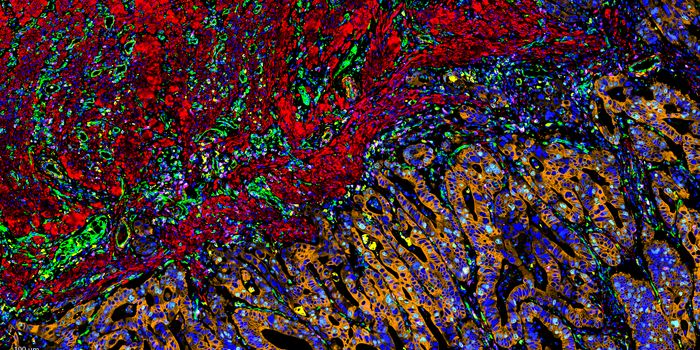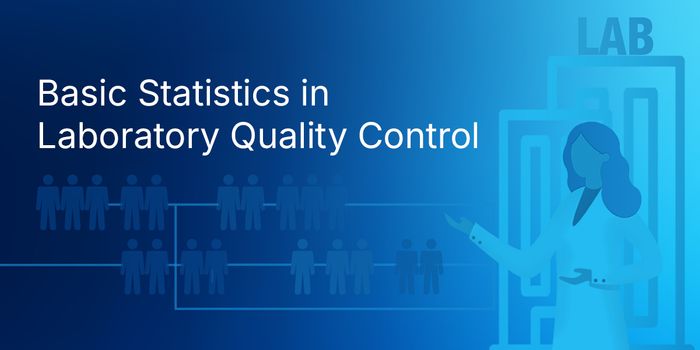Could it be possible to predict the onset of type 1 diabetes before symptoms appear? If so, what kind of benefits would there be to knowing ahead of time? Scientists from the German Research Center for Environmental Health answer these questions and more, with results from two large studies on children and type 1 diabetes.
Their two studies focused on deconstructing the mechanisms behind the development of type 1 diabetes, and they started with an analysis of blood samples from 30 children who had developed type 1 diabetes either very quickly or very slowly. Then, they compared the data to blood sample results from children who displayed no autoantibodies or diabetes symptoms.
They found that certain proteins in the blood of children with diabetes, thought to be able to predict the onset of type 1 diabetes before symptoms appear in children who hadn’t developed the disease yet. Then they collected and analyzed samples from 140 different children to confirm the protein composition differences from the previous study.
Findings from both studies seemed to suggest that protein biomarkers can indicate if a child will develop type 1 diabetes, and when the disease will develop if the biomarkers indeed predict diabetes to occur. For children with a first-degree relative with type 1 diabetes, and thus an innate, increased risk of developing the disease as well, breaking down what happens in the body during the asymptomatic preliminary stages of the disease where the body first develops autoimmunity against insulin-producing cells in the pancreas, called beta cells, could help drastically improve treatment of these at-risk individuals.
The protein biomarkers identified were 41 peptides from 26 proteins that clearly separated children with autoantibodies targeting beta cells from those without autoantibodies, and many peptides were associated with lipid metabolism.
"Two peptides, from the proteins apolipoprotein M and apolipoprotein C-IV, were particularly conspicuous and were especially [differentially] expressed in the two groups,” described co-first author Dr. Christine von Toerne.
Autoantibody-positive results also allowed scientists to better estimate the speed of diabetes development according to a gradient or peptide concentrations from three proteins: hepatocyte growth factor activator, complement factor H and ceruloplasmin, with the age of the individual child factored in as well.
"The progression of type 1 diabetes into a clinical disease takes place over a period of time that varies from individual to individual and that at this time is insufficiently predictable," said co-leader of the study Dr. Anette-G. Ziegler. "The biomarkers that we have identified allow a more precise classification of this presymptomatic stage and they are relatively simple to acquire from blood samples."
The present study was published in the journal
Diabetologia.
Source:
German Research Center for Environmental Health









